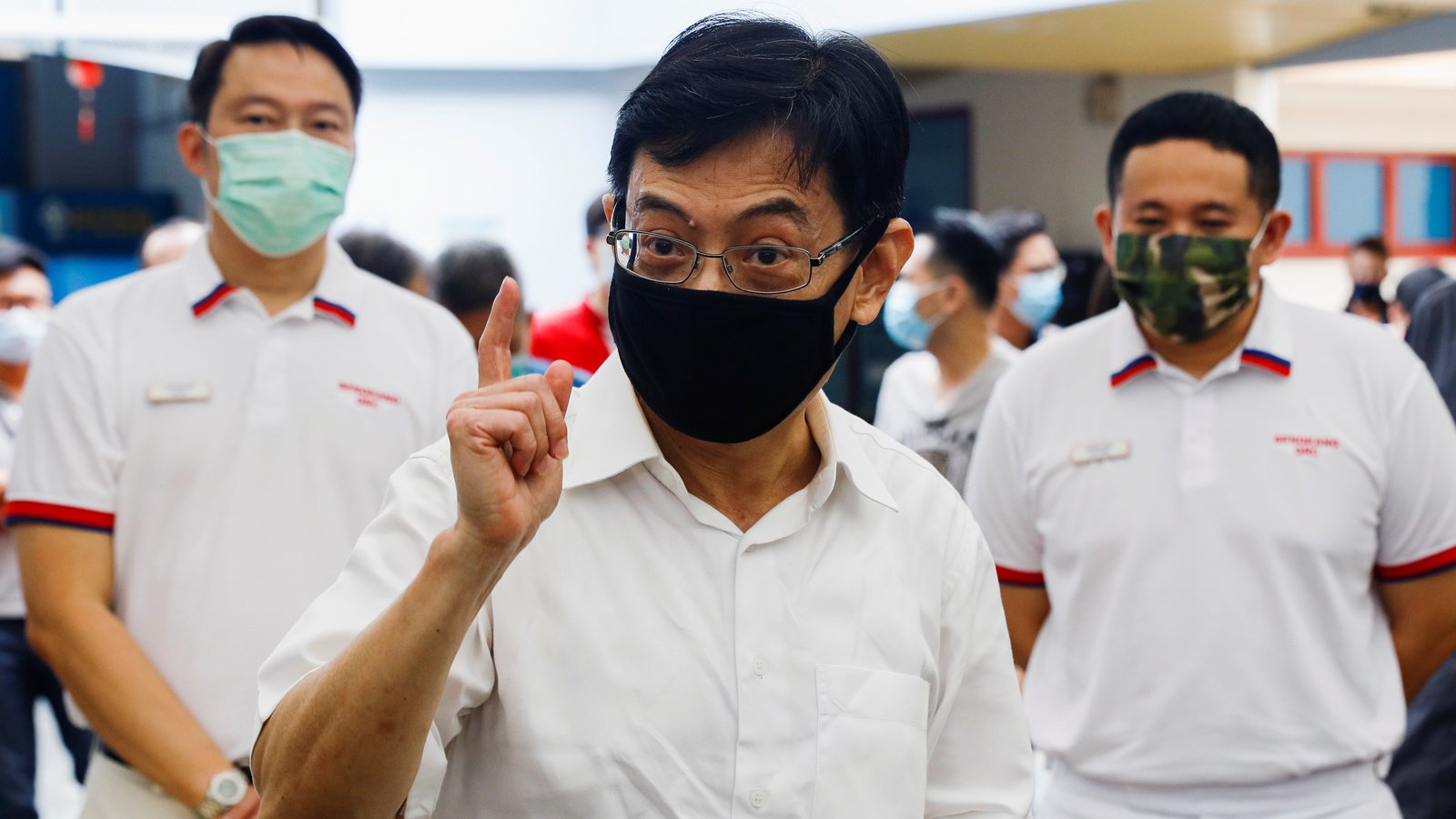ZHI JIAO DANIELLE GOH WRITES — When the prime minister’s brother, Lee Hsien Yang, joined the opposition party in June, you knew the ordinary political scene in Singapore was never going to be the same.
All over the world, Singapore’s democracy is often been questioned and criticized as the People’s Action Party (PAP) has been the supermajority in the parliament since 1959. Yet, even a pandemic could not dampen Singaporeans’ enthusiasm to vote in the 2020 general election. Though Singapore currently hosts a staggering 45,000 COVID-19 cases, worst in the Southeast Asia region, it had the highest voter turnout of 96% since independence.
The general election occurred last Friday (7/10) and ended with the Workers’ Party (WP), main opposition party in Singapore, gaining 10 out of 93 seats in parliament. It is the most ever held by opposition lawmakers. On the other hand, the PAP’s share of the popular vote has slid to a near record low of 61.2%, down from nearly 70% five years ago.
As a young voter from Singapore, it seems to me that the election result wasn’t surprising. It has recently slumped into recession and job employment is on the top list of concerns – not to mention the pandemic. Recent graduates are anxious about competing with imported skilled foreign workers, ironically welcomed by the government.
The opposition parties were successful in garnering young voters’ support because there was an urge to break the status quo. Being brought up with saturated social media influences, young Singaporeans see the importance of addressing social injustice and social inequalities. The younger generation is pressing the government to break the implicit societal silence on taboo social topics such the anti-LGBTQ laws and to increase the nation’s awareness of subtle stereotypical discrimination against different races.
After the election, Prime Minister, Lee Hsien Loong, commented that the PAP “have a clear mandate but the percentage of the popular vote is not as high as I had hoped for”.
Perhaps, the PAP should look beyond economic priorities and start to comprehend that they should not be afraid to touch on taboo topics for the fear of losing supporters. Instead, the PAP should start to lead Singaporeans actively in civic discussions. After all, its founder, the late Lee Kuan Yew, was never afraid of doing the right thing over the popular thing. In fact, the PAP, being the majority in the parliament, is the only force that has the current capability to do so. They should not wait for the opposition to grow stronger and snatch this golden opportunity away from them.
Singapore strives on stability but the world is constantly evolving. In order to prolong Singapore’s success, the incoming 4G (fourth-generation) leader has to offer the ability to delicately balance the appetite of advancing socially with the world while educating and helping the population to adapt to these changes. With a high adult literacy rate in Singapore, I trust that my fellow young Singaporeans are reasonable people who aren’t against the PAP for irreversible ideological stances and poses. We’re not looking to get trapped in a social justice whirlpool; we’re aiming for real progress to build a greater and inclusive society.
Zhi Jiao Danielle Goh, a recent graduate of Loyola Marymount University, is the associate editor of Asia Media International and a Singapore-born citizen.

